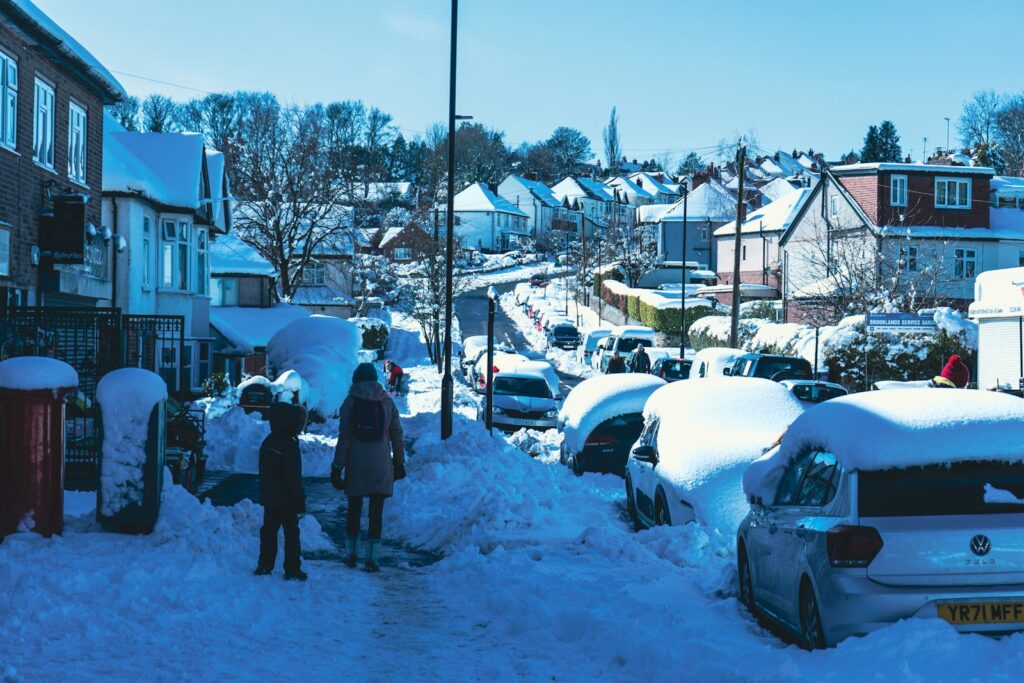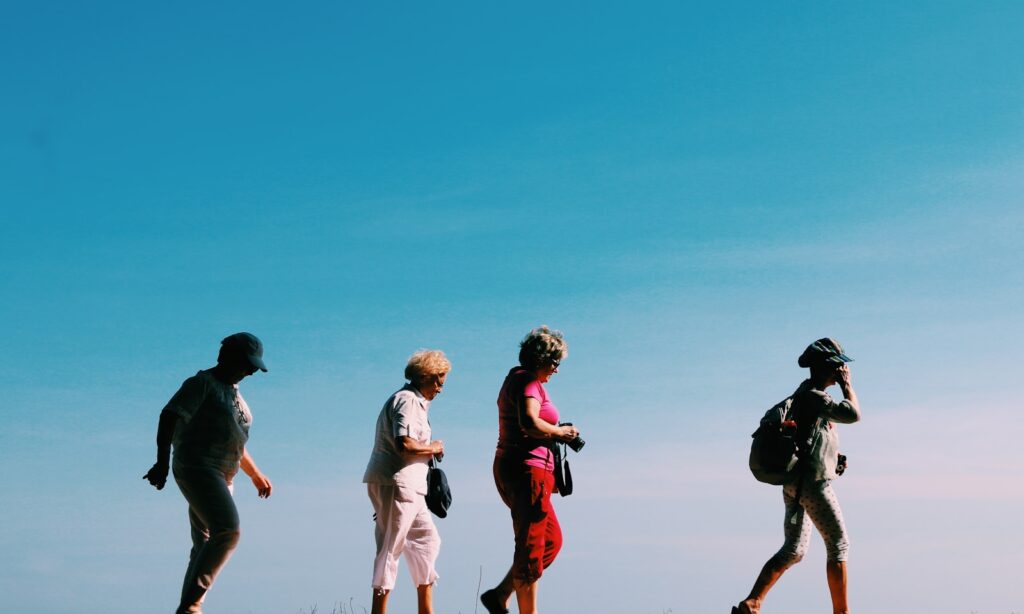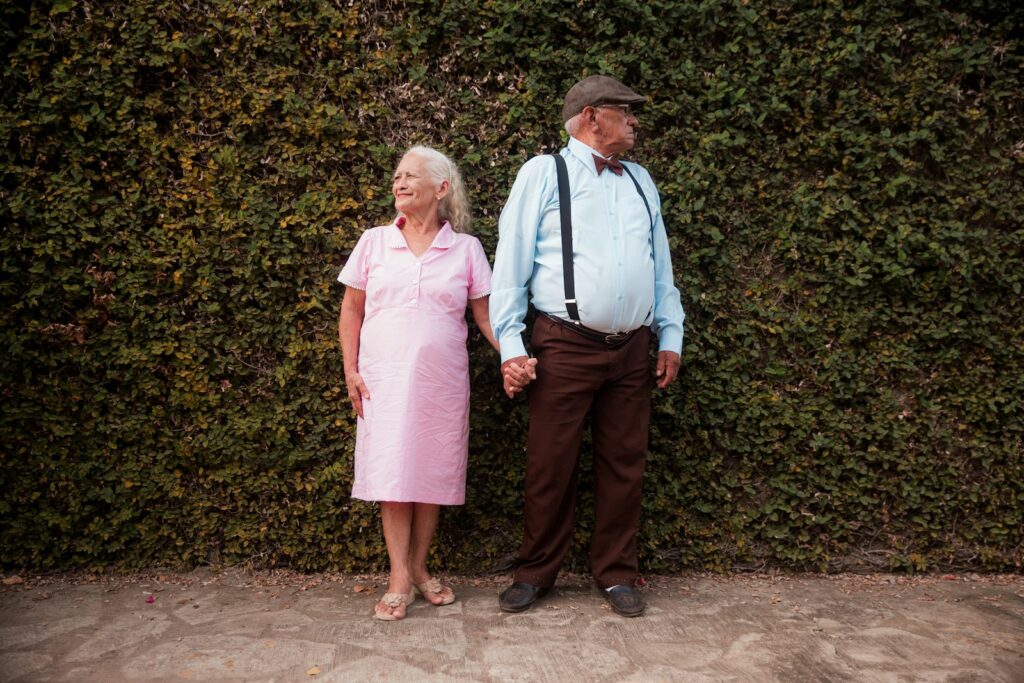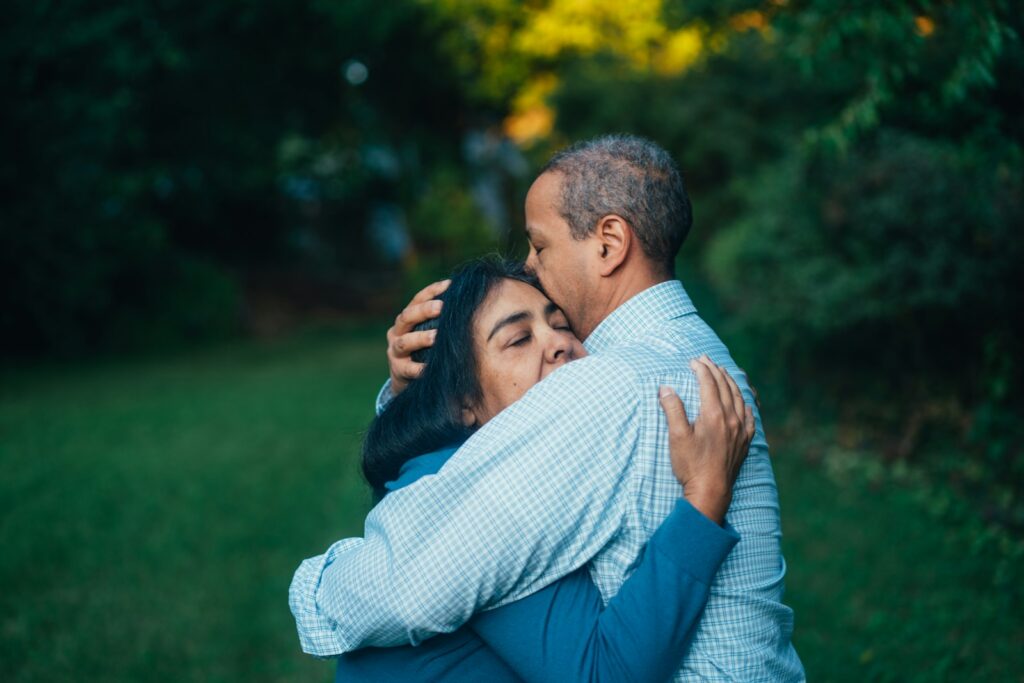A social worker discusses the reality of working as a mental health social worker and best interest assessor for vulnerable adults in care homes and discharge units during Covid. And how visiting restrictions affected residents’ mental health, and that of their relatives.
To say the past nine months have been a challenge is an understatement.
It has been an emotional rollercoaster both personally and professionally. As a social worker, working as a Best Interest Assessor, I wasn’t furloughed but I also wasn’t working on the ‘front line’ as it’s quite often termed.
I felt a bit stuck in limbo. I was still expected to work my usual hours, albeit flexibly around homeschooling commitments, and work through assessments at my normal rate or even faster given that I didn’t have to factor in travel time anymore.
Work, however, was so different I was used to meeting people, which is what social work is all about.
It’s the cliché but I went into social work to help people; I like meeting people and hearing their stories. So to carry on doing assessments and making big decisions in relation to people’s lives without even meeting them felt awful.
It was certainly social work without the ‘social’. We were advised not to visit care homes due to the risk of spreading coronavirus.
This advice was given at the start of the first lockdown. I had, however, already made some adjustments to my working pattern and had actually stopped visiting a couple of weeks earlier as I felt I shouldn’t be risking people’s health.
I never thought then that nine months on I still wouldn’t have set foot in a care home or met the people I was being asked to assess.
Work never stopped and the guidance we received from the government, in relation to Deprivation of Liberty Safeguards, was to complete our assessments via video or phone call and to rely on information provided by the staff at the care homes and by family or friends.
Trying to assess someone’s mental capacity over a video call, sometimes with freezing picture and poor sound quality, seemed impossible and very impersonal. One gentleman with dementia, who I was talking to via video call, put the phone to his ear so that was all I could see.
I soon found new ways or working that helped, although still not ideal, and managed to set up a space at home in which to work with some privacy.
Things ticked along in this new way, the first lockdown ended and family were able to visit their loved ones from a distance in the garden or outside the window. It felt ok for a short while.
Things turned, the figures were rising again. The more assessments I completed and the more people I talked to both care home staff and family members, the worse things seemed.
One son told me that although his 86-year-old mother with dementia was doing ok and hadn’t had Covid the other five people she would sit with at mealtimes, her new-found friends, had all died. I was heartbroken, not only for the lady who was now sitting alone at her dinner table but for the other five families who had lost loved ones.
Deaths in care homes like this have also had a huge impact on the care home staff. They have all worked so hard under such impossible conditions, they are terrified of catching it and passing on to their residents.
They are tested weekly, which isn’t the nicest experience, they then have to attempt to test the residents monthly, not an easy task when the person they are trying to test doesn’t understand what they are doing and why they are doing it.
As part of my assessments, I always phone family members, or friend or advocate. These phone calls were getting tougher, I’d usually meet them at the care home, as relatives would be in tears on the phone to me, telling me how much they missed their dad/mum/husband/wife/sister.
One daughter told me that she used to visit her 83-year-old dad every other day. She used to go in at mealtimes to help him as he preferred her help than a staff member.
She would always take him the newspaper and sit with him and read the sport. He had suffered from depression in the past, and now with his dementia diagnosis, he would struggle to remember where he was living and why.
His daughter would offer reassurance and he would settle down and feel happier about things. When I spoke to her about how her dad was doing at the care home, she was so distraught, she told me that when she had been talking to him on the phone he had told her that he wanted to see her, she explained that she wasn’t allowed to visit due to the local restrictions in Greater Manchester.
He told her that he was going to kill himself if she didn’t visit. What could she do? I couldn’t help her. I couldn’t give her any answers. His GP was made aware and the care home staff did their best but it’s just not the same as family.
The son of another lady I was asked to assess said that he had visited in the garden when the restrictions were relaxed, but that his mum didn’t recognise him because she hadn’t seen him for more than three months, her dementia had declined and he was wearing a mask, which frightened her.
He said, initially, she thought her son was her husband, who had sadly passed away years ago. He hasn’t visited since as it was too upsetting for both of them.
The impact on people living in care homes has been devastating, not only for the people who live there but for their families and for the care home staff.
I do a hard job and I’ve always had challenging days, but the experience of this will stay with me forever.
The first lockdown was difficult, however, the past six months have got harder and harder and I feel the full extent of the damage that has been caused, not only by the virus but by the restrictions on seeing loved ones is yet to be seen.
I think, in the years following the pandemic, there will be an increase in mental health problems and an increase in PTSD given the experiences and heartbreak so many people have faced and are facing.
But right now, we need more from our MPs and public bodies. We need them, and the public, to understand the role of social workers a lot more.
A good start would be to support campaigns like ‘Test, Access, Rights’ from the British Association of Social Workers, which calls for social workers to be regularly tested for Covid-19 so they can get past blanket restrictions put on by many care homes, in order to safely access and promote the rights of the vulnerable.
Photo Credit – Pixabay

















Leave a Reply